The Tribunal Hearing
Appeals will be heard by a panel consisting of a legally qualified Tribunal Judge who will chair the hearing and up to two specialist Panel members who have knowledge and experience of children with SEND.
Before the pandemic, the Tribunal would be held at a venue within 2 hours of your home, to make it easier for you to attend.
But since the outbreak of Covid-19, most SEND Tribunal hearings have moved online, which might be easier for you or present another challenge.
Moving forward, the Tribunal have said that they hope to continue to offer online hearings in addition to face-to-face hearings.
Paper hearings
With the consent of both parties, and if the tribunal decides that it is an appropriate case, the tribunal can make a decision in an appeal on the papers, without having the parties attend a hearing.
If you would like your appeal dealt with on the papers, then you should tick the box on the appeal form indicating your consent to a paper hearing.
If both parties have indicated their consent to a paper hearing, and the tribunal judge decides that it is an appropriate case, then the appeal is likely to be concluded more quickly than if it is listed for oral hearing, because it will be dealt with as soon as a panel is available after the date for final evidence has passed.
The Hearing
This film explains what happens at a hearing:
During the hearing
- The Tribunal Judge will provide an introduction, explain the procedures and list the issues to be considered.
- The panel will consider the appeal on an issue by issue basis.
- You and the Council will be invited to give your views and present your evidence on each issue
- You will have the opportunity to ask questions of the Council, witnesses and also have the chance to add anything additional you feel is important and has not been previously mentioned. The Council will be given the same opportunity.
- You may be invited to make a brief closing comment to summarise your position.
Legal Aid
You do not need to have a lawyer to go to the SEND Tribunal and the vast majority of parents do not have any representative at their appeals.
What is legal aid?
What happens after I send my appeal?
Legal aid is a government scheme to help you to pay for legal advice and help, representation and family mediation. Sometimes it can also pay for things like an expert’s opinion.
The rules about who can get legal aid and what for changed dramatically in 2013. But some people can still get legal aid. Before you decide to take action alone, find out if you can get legal aid.
Whether or not you can get legal aid depends on what legal problem you have, how much money you earn, any savings you have, what property you own, and whether there is a reasonable chance of you winning your case.
You can find out if you are financially eligible for legal aid by using the Government’s online tool:
For more information about legal aid, you can also read the Council for Disabled Children’s factsheet:
After the Hearing
The Tribunal decision will be communicated with you and the Council within 10 working days of the Hearing.
Following the decision, the Council must comply with these timescales:
- To start the assessment or re-assessment process – 4 weeks
- To make an EHC Plan – 5 weeks
- To amend the EHC Plan – 5 weeks
- To amend the school/college/institution – 2 weeks
- To continue an EHC Plan – immediately
- To cease an EHC Plan – immediately

